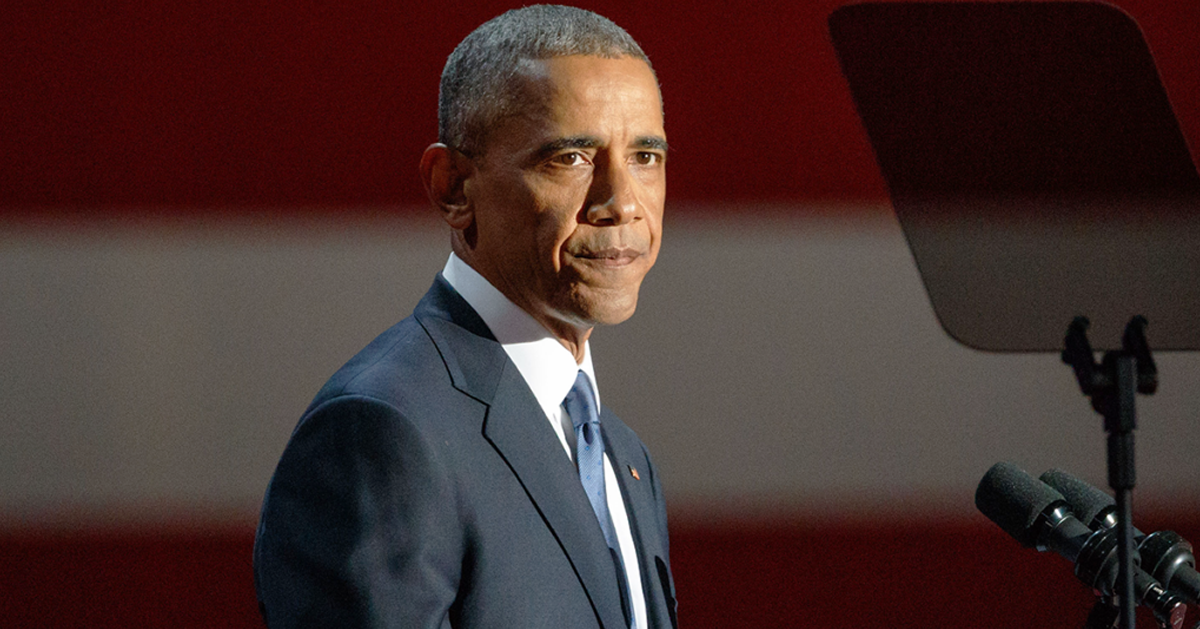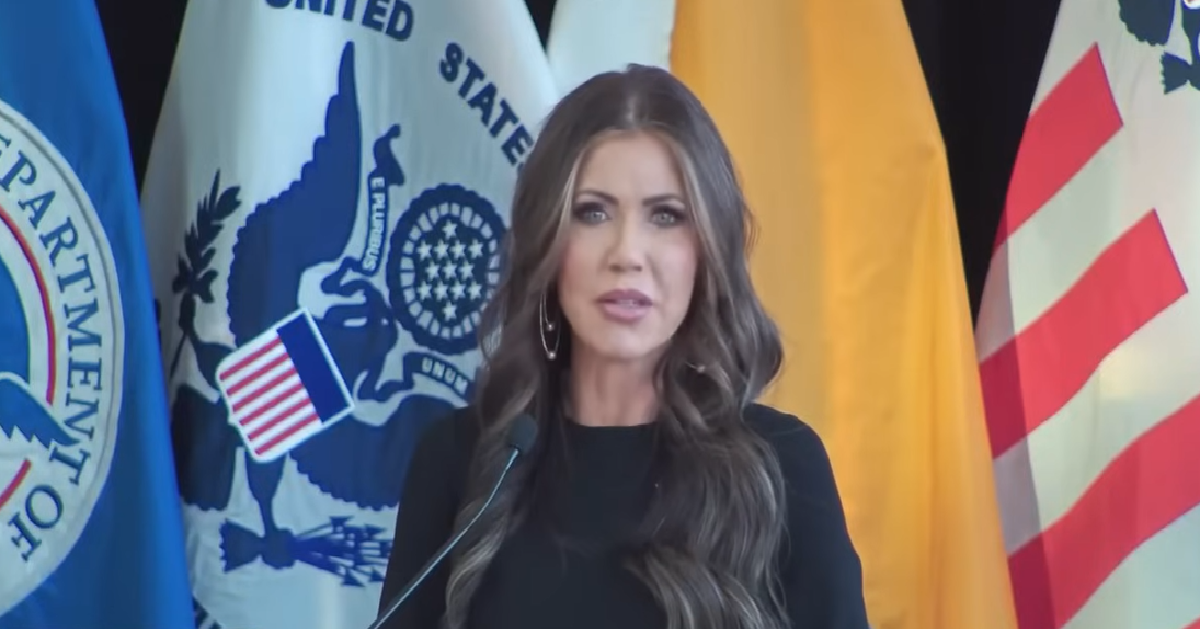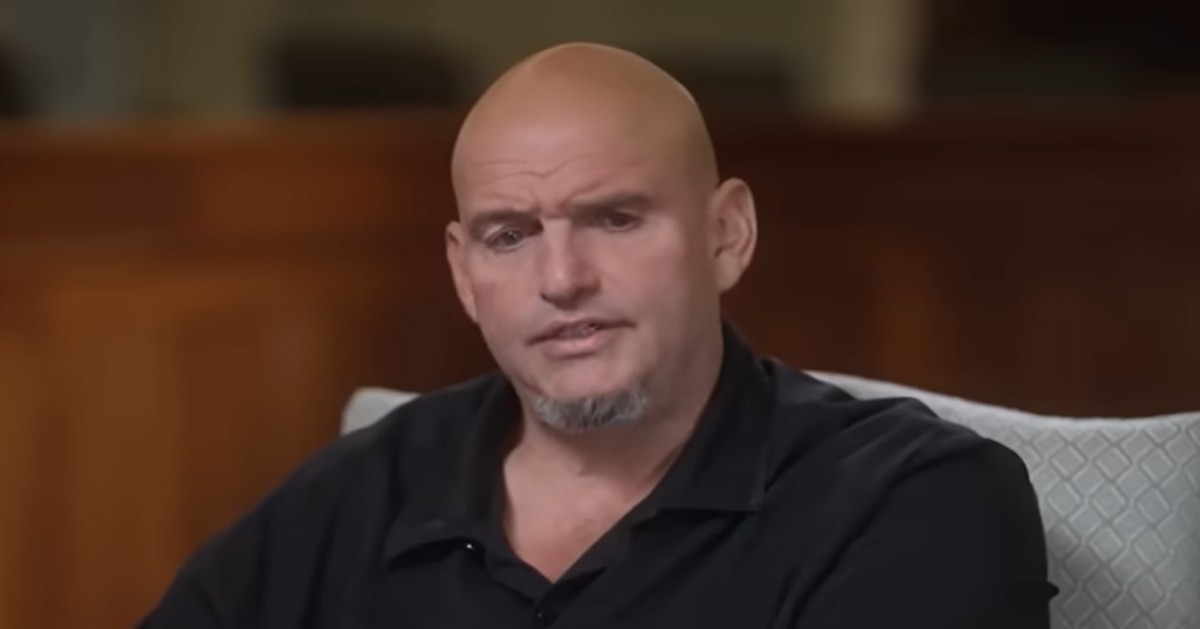Judge dismissed climate change case against oil and gas companies
A South Carolina judge dismissed a case before his court earlier this week, which was brought against around two dozen energy companies.
The court eventually ruled that it doesn’t have the authority under state law to move forward with a suit that is founded on sweeping allegations on the topic of climate change, as Just The News reported.
The judge in question, Judge Roger Young of the South Carolina Court of Common Pleas, asserted that the suit against oil and gas companies shouldn’t have been brought.
According to Young, this case could cause a flood of suits brought over whether activities that could lead to a laundry list of potential plaintiffs that the judge called "unbounded."
The Key Issue
Young stated in his opinion that, "Already, scores of states, counties, and municipalities have sued a hodgepodge of oil-and-gas companies for the alleged weather-related effects of climate change," Young wrote in an opinion.
"If these lawsuits were successful, municipalities, companies, and individuals across the country could bring suits for injuries after every weather event. The list of potential plaintiffs is unbounded."
The judge’s decision was handed down “with prejudice,” meaning that the court is not open to the lawsuit being brought again. But that would not preclude the city of Charleston from appealing the decision.
On The Case
The case was brought by the city in 2020, under the allegation that energy and pipeline companies were a nuisance, and didn’t warn about the possible impact of fossil fuels.
According to the city, defendants should pay damages for what they claim was increased flooding, storm damage, and higher temperatures.
"Global warming presents a uniquely international problem of national concern. It is therefore not well-suited to the application of state law." Big blow to the climate change lawfare crowd in South Carolina State Supreme Court dismissal of case against BigOil. Order:… pic.twitter.com/l7LrxVLzqP
— Cate Long (@cate_long) August 8, 2025
More From the Court
One of the key parts of the court’s decision was when the opinion stated that “Plaintiff's theory of liability appears almost limitless.”
The opinion went on to say that “[t]hese lawsuits promise to create a chaotic web of conflicting legal obligations for Defendants as each state and municipality (sometimes within the very same state) imposes its own de facto regulations on the worldwide production, marketing, transport, and sale of fossil fuels.”
The decision also focused on the practical concerns with the underpinnings of the climate change tort (or civil) lawsuit.
According to the judge, “[a]ny resolution to the climate-change issues Plaintiff seeks to remedy must rest with the federal political branches that are legally and substantively equipped to address them.”





